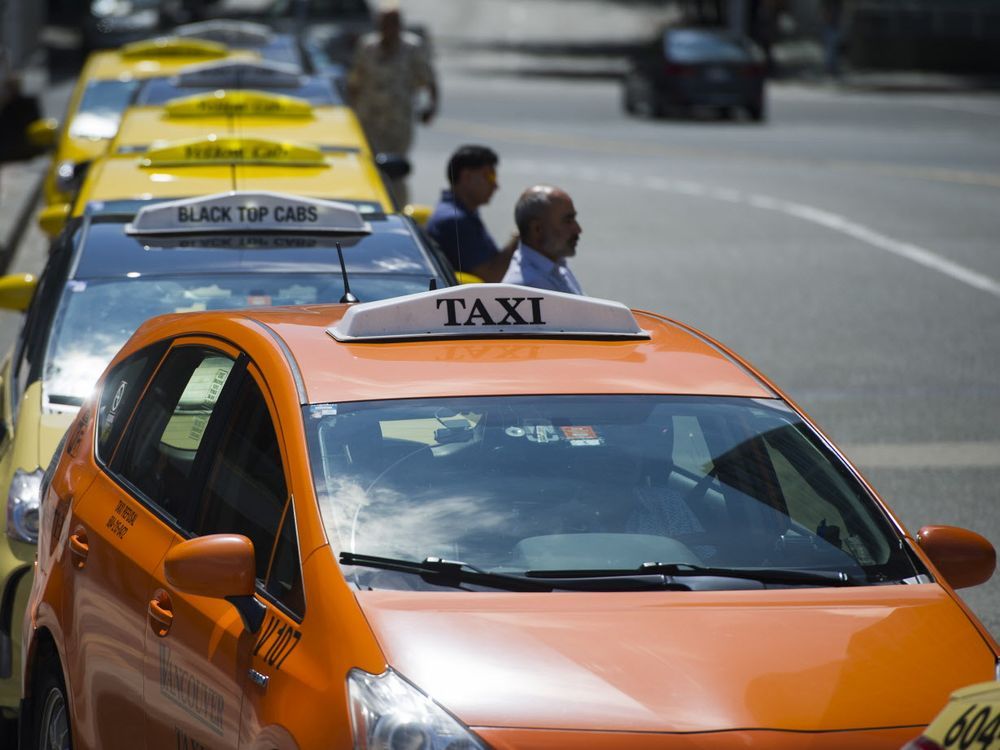Taxi associations, province meet on ride-hailing

Credit to Author: Jennifer Saltman| Date: Sat, 31 Aug 2019 00:23:18 +0000
Members of B.C.’s taxi associations had a chance to air their concerns about new ride-hailing regulations during a meeting with staff from the premier’s office and transportation ministry on Friday.
The meeting came almost two weeks after the Passenger Transportation Board released its ride-hailing policies on boundaries, fleet sizes and pricing. Both Uber and Lyft have stated their intentions to enter the market in Metro Vancouver.
The Vancouver Taxi Association and B.C. Taxi Association have taken issue with the independent board’s decisions, and accused the government of breaking its promise to create a level playing field for taxis and ride-hailing companies.
The board divided the province into five operating areas for ride-hailing, including a single area for the Lower Mainland and Whistler. However, the smaller municipal boundaries for taxis will remain in place.
The board didn’t put a cap on ride-hailing fleet sizes, but said it may review that when data becomes available.
On pricing, the board based the minimum rate for ride-hailing on taxi flag rates in an operating area — $3.25 to $3.95 in Metro Vancouver. Discounts will not be allowed, but “surge pricing” will.
The two taxi associations met on Wednesday to discuss common issues, which include the different insurance requirements for taxis and ride-hailing companies, and the lack of a cap on ride-hailing fleets.
“It’s good, it was a great meeting,” said Vancouver Taxi Association spokesperson Carolyn Bauer. “We’re looking forward to having more with them.”
However, she denied that Vancouver Taxi Association members “that sit at the table” planned to meet with the province on Friday — although she said individuals or companies may have — and said her only plans were to consult with the association’s lawyer.
One issue the B.C. Taxi Association will raise separately is its desire to see all municipal boundaries in Metro Vancouver removed for taxi operations.
Mohan Kang, president of the B.C. Taxi Association, did not respond to a request for comment, however in a statement on Wednesday he said the boundaries keep companies from efficiently using their existing taxis, result in “dead heading”, and add to congestion and greenhouse gas emissions.
“More importantly, we will be unable to operate our regional taxi app if the current boundaries are not removed,” Kang said.
In an interview earlier this week, Transportation Minister Claire Trevena said it is the province’s intention to continue to meet with the taxi industry as ride hailing is introduced.